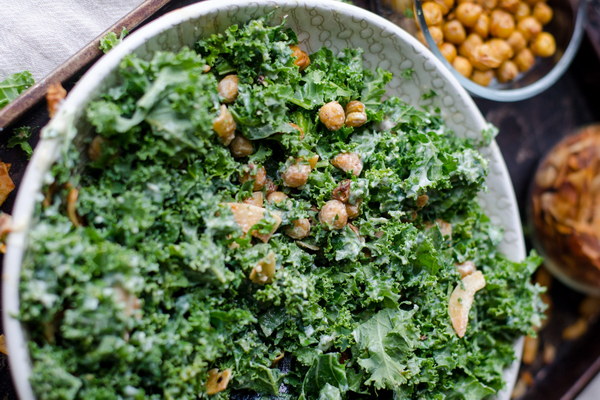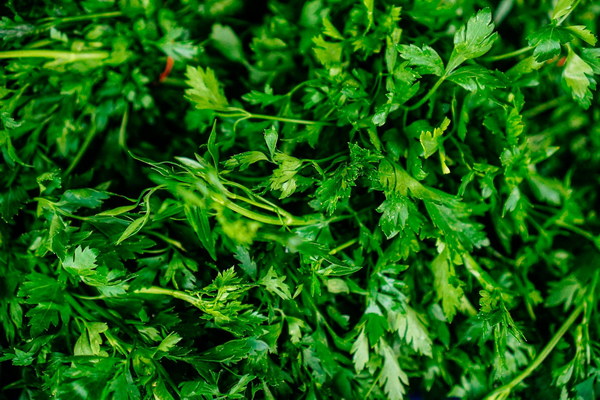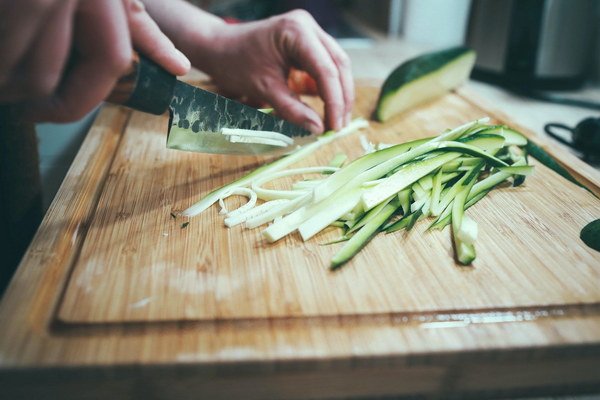Nurturing Health Essential Tips for Managing Radiation-Pneumonitis
Radiation-pneumonitis, a condition caused by lung inflammation following radiation therapy for cancer, can be a challenging condition to manage. While there is no one-size-fits-all approach to healing, there are several strategies and lifestyle adjustments that can help alleviate symptoms and support overall well-being. In this article, we will explore essential tips for managing radiation-pneumonitis and maintaining a healthy body during recovery.
1. Maintain a balanced diet
A well-balanced diet is crucial for supporting your body's immune system and aiding in recovery. Focus on incorporating a variety of nutrients, including:
- Fresh fruits and vegetables: These are rich in vitamins, minerals, and antioxidants that can help protect your lungs from further damage.
- Lean proteins: Foods like fish, poultry, beans, and tofu are excellent sources of protein that can help repair damaged tissues.
- Whole grains: Foods like brown rice, quinoa, and oatmeal provide energy and fiber, which can help keep your digestive system healthy.
- Healthy fats: Avocados, nuts, and seeds contain healthy fats that can help reduce inflammation.
2. Stay hydrated
Hydration is key to maintaining lung function and supporting the body's natural healing process. Aim to drink at least 8 glasses of water per day, or more if you are experiencing increased symptoms.
3. Exercise gently
Moderate exercise can help improve lung capacity and reduce fatigue. Consult with your healthcare provider to determine the best exercise routine for your specific condition. Gentle activities such as walking, swimming, or yoga may be appropriate.

4. Manage stress
Stress can exacerbate symptoms of radiation-pneumonitis. Techniques such as deep breathing, meditation, and mindfulness can help manage stress levels. Consider joining a support group or seeking the assistance of a mental health professional if needed.
5. Avoid exposure to irritants
To protect your lungs, avoid exposure to irritants such as smoke, dust, and strong odors. This includes secondhand smoke, air pollution, and cleaning products with harsh chemicals.
6. Monitor your symptoms
Keep a close eye on your symptoms, including coughing, shortness of breath, and fatigue. If you experience a sudden increase in symptoms, contact your healthcare provider immediately.
7. Practice good hygiene
Wash your hands frequently to reduce the risk of infection. If you have visitors, ask them to wash their hands before coming in contact with you.
8. Get plenty of rest
Rest is essential for your body to heal. Listen to your body and take breaks when needed. Avoid overexerting yourself and prioritize sleep to support your recovery.
9. Consider nutritional supplements
Some individuals may benefit from nutritional supplements, such as omega-3 fatty acids, vitamin D, and N-acetylcysteine. Consult with your healthcare provider before starting any new supplement to ensure it is safe and appropriate for your condition.
10. Follow your healthcare provider's guidance
Your healthcare provider is the best resource for managing radiation-pneumonitis. Follow their recommendations for medication, follow-up appointments, and any additional treatments or lifestyle adjustments.
By following these essential tips, you can help manage radiation-pneumonitis and support your body's healing process. Remember that recovery can be a gradual process, and patience and perseverance are key to overcoming this challenging condition.









